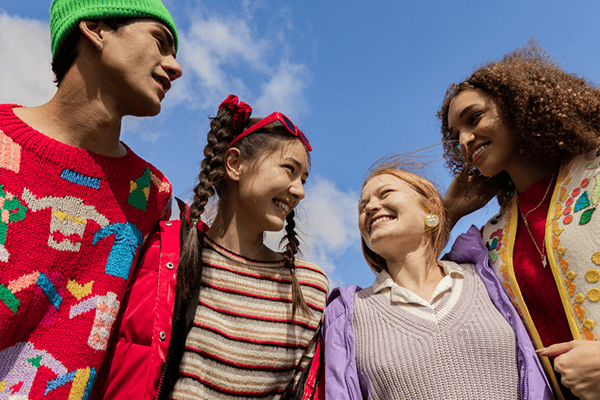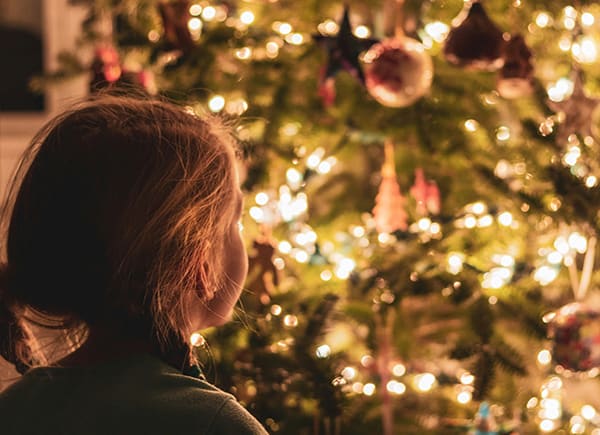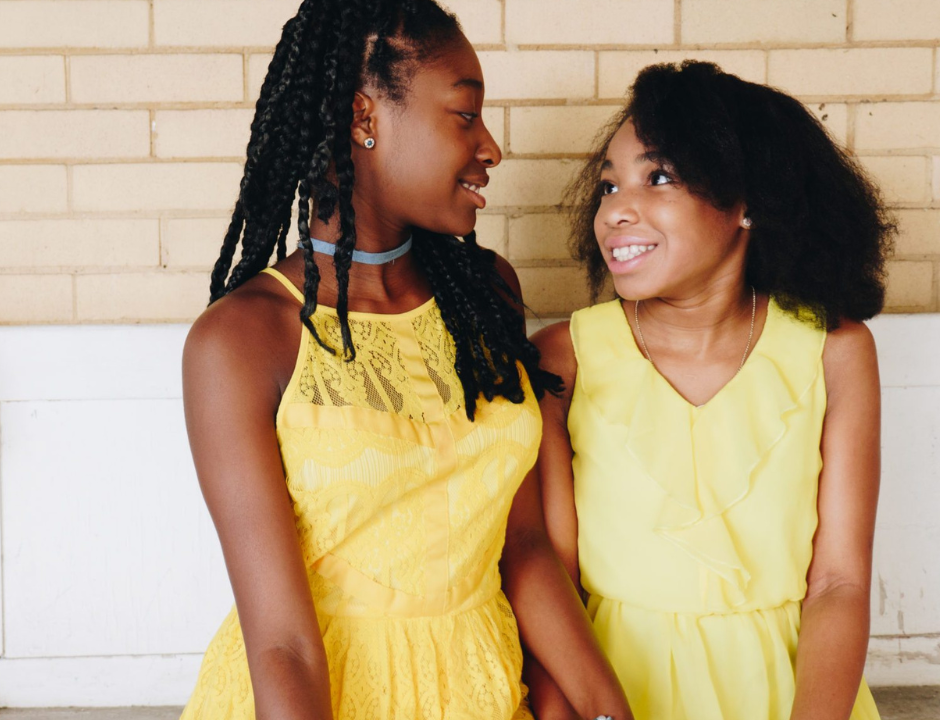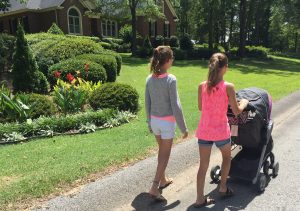
Author’s note: This article is based upon a speech I gave at Fostering Hope Columbia hosted by Care2Foster.
About a month ago, a foster mom friend of mine posted on social media: “Biological children are the unsung heroes of foster care.” I couldn’t agree more. The truth of that statement hit me like a ton of bricks. Let’s be honest, our biological kids often don’t have much say in our family’s decision to foster, yet they willingly share their toys, clothes, books, technology, television remote, space in the home and so much more. They share bathrooms and the high premium seats at the dinner table. Most importantly, they share their parents’ time and attention.
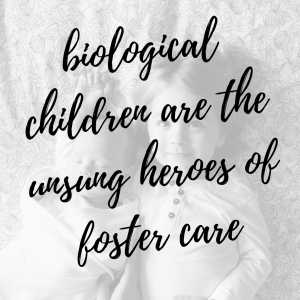
But our children need to realize that they could become the friend, or sibling, that a foster child has been waiting for, so desperately praying for each night before they became part of your family. Your child could become the friend a foster child truly needs.
Kids of course are ego-centric, but they also are extremely good at judging when something is wrong, when another kid just needs some company or is feeling left out. Our biological kids can be the listening ear a foster child needs to get something off his or her chest in the middle of jumping rope or riding bikes. The connections and friendships that can develop between biological kids and foster kids can have a tremendous impact on all of them.
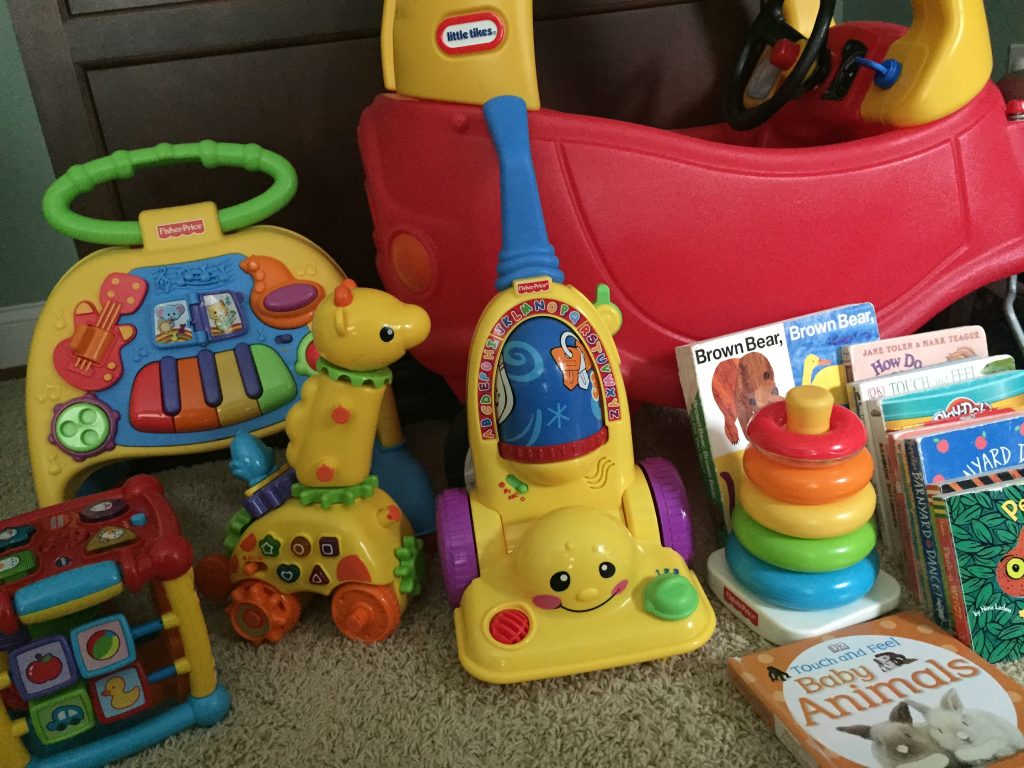
As I’ve talked to people over the past year about fostering, I’m seeing an important pattern that relates to biological children: of the adults who express sincere interest in either becoming foster parents or finding another way to help these kids, most had some exposure to fostering as a child, perhaps through a family member, friend’s family or neighbor. That means these adults have fond memories of children coming in and out of their lives, and the memories have stuck with them well into adulthood. Some of these people I’ve talked to express how they still pray or worry about a certain child they met many years ago. Some are still in touch decades later, having built a strong and lasting friendship.
What this tells me is that biological children who become a part of the system that cares for these kids are impacted in life-long ways. Future altering ways. It can help them develop good habits, teach them why they should avoid bad habits, it can affect their career choices – maybe if nothing else, it teaches them the importance of caring for others, which is rewarding in and of itself. I hope that’s the lesson my biological children are learning.
I feel honored to have grown up with parents who have that mentality and love for strangers, that love for God and love for their community. My parents taught me that no matter how little we have, we are blessed with much more than so many others have. My parents taught me that love is exponential: we always have more love to give.
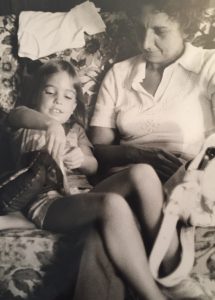
Our first foster placements were a set of toddler twins, and we cared for them for almost a year. We knew they would be going home to the parents, truly a happy ending. When we knew they would soon be leaving our home, I asked my daughters Rachel and Emily if they wanted to take a break before accepting our next placement. They both immediately said no, they didn’t need a break. (I said in all honesty, “Well, maybe mama needs to take a short break,” but that’s a topic for another post.) Rachel immediately said to me, in all seriousness, “What if a child needs us that week, mom?”
My bio kids get it. They are barely into double digits, but they get it. And here’s proof: In 5th grade, my daughter Rachel wrote a school paper titled “What is fostering?” She ended her wonderful essay with this:
“Although we have two million baby gates around the house and two baby maniacs running around, I know we are changing lives.”
Is it always easy for the biological kids? Of course not. But each night as they set extra plates at the dinner table, my children feel the impact and know that by sharing our home, sharing their parents’ time and attention, they are truly making a difference in the world.
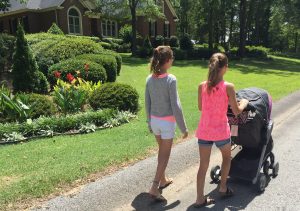
If you have ever questioned how foster care would impact your biological children, you’re not alone. Read one prospective foster parent’s top five questions she had before starting the licensing process here including how it would impact her kids.
Or watch these videos from Fostering Hope on biological children’s perspectives on foster care. Comment below to tell us how foster care has impacted the children in your life.

